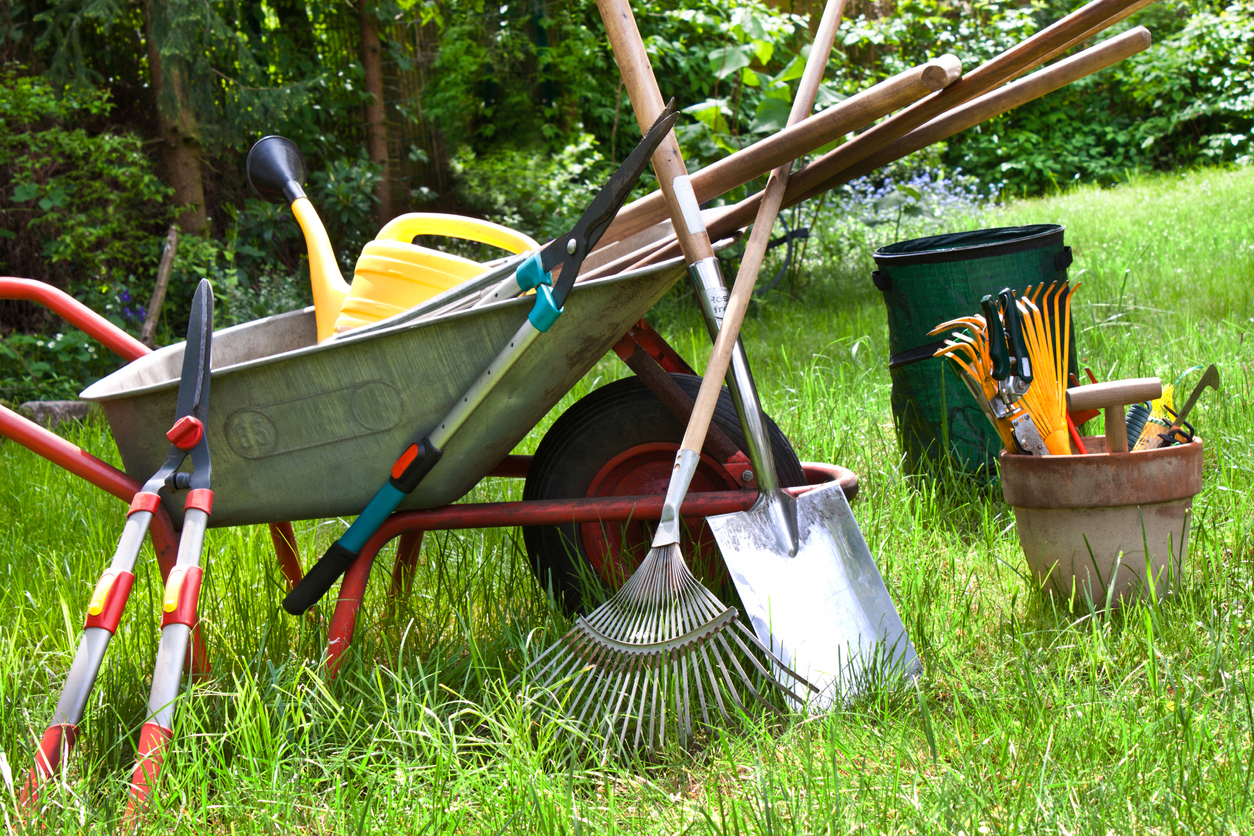Don’t wait to perform garden equipment maintenance

K-State horticulture expert says proper cleaning, draining will extend the life of your garden equipment
Preparing the garden for winter includes equipment and tool maintenance. Kansas State University horticulture expert Cynthia Domenghini provides several tips to extend the longevity of garden tools and equipment.
“Hoses should be drained by stretching them and coiling for storage,” Domenghini said. “Water will drain as you pull the hose toward you for coiling.”
Ultraviolet light can make hoses brittle and decay over time, so proper storage is necessary, she said.
Irrigation lines for lawn sprinkler systems should also be winterized by shutting off the main valve for the system and opening manual drains to prevent freezing in the lines.
“Lawn irrigation systems usually have shallow lines, and most lines are self-draining. These systems should be blown out with an air compressor. Lawn irrigation companies often offer this service,” Domenghini said.
To clean garden tools, it is suggested to use a steel brush to remove dirt and debris from previous uses. Once this has been done, clean the metal portion of the tool with oil and a paper towel to prevent rusting in storage.
“Store these tools in an area where they will not be exposed to poor weather conditions. This will help prevent splintering,” Domenghini said.
Wooden handles that are becoming rough can be sanded lightly and coated with a light application of wood preservative, boiled linseed oil or polyurethane. After a few minutes, wipe off the excess coating.
“Some quick maintenance will increase the life of your tools and save you money from having to replace them,” Domenghini said.
Domenghini and her colleagues in K-State’s Department of Horticulture and Natural Resources produce a weekly Horticulture Newsletter with tips for maintaining home landscapes and gardens. The newsletter is available to view online or can be delivered by email each week.
Interested persons can also send their garden and yard-related questions to Domenghini at [email protected], or contact your local K-State Research and Extension office.



